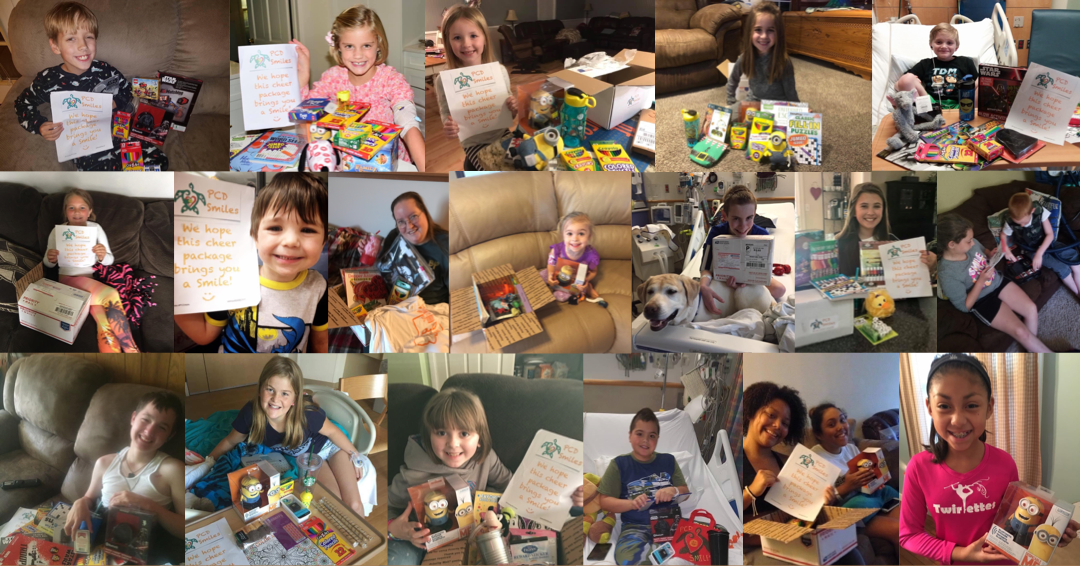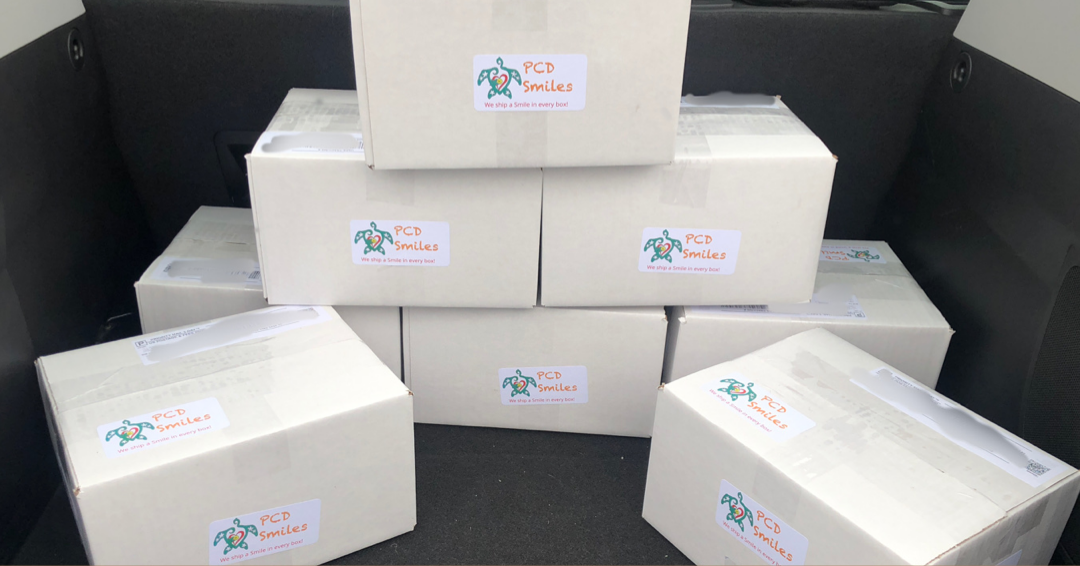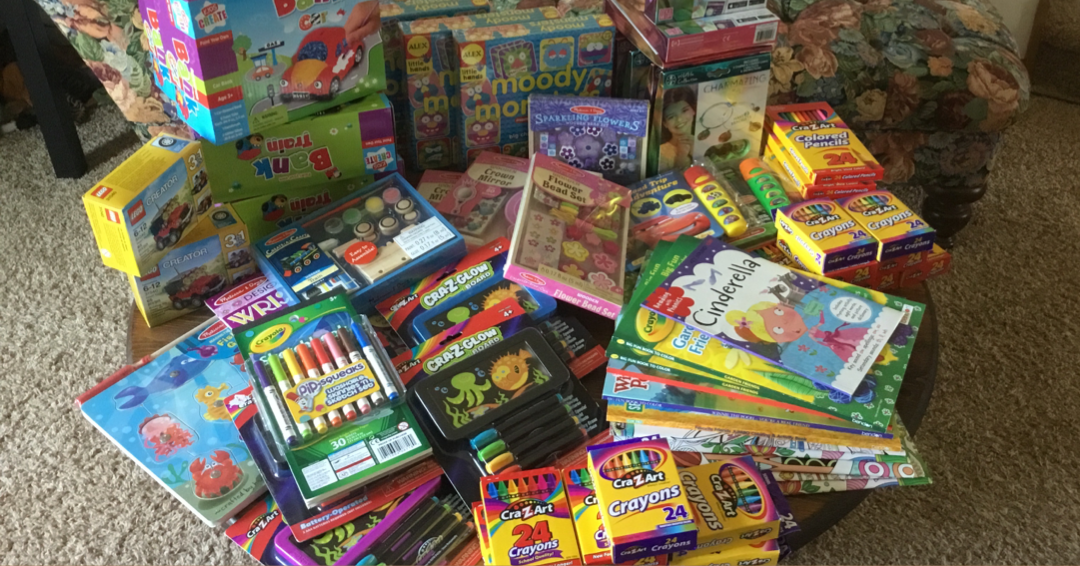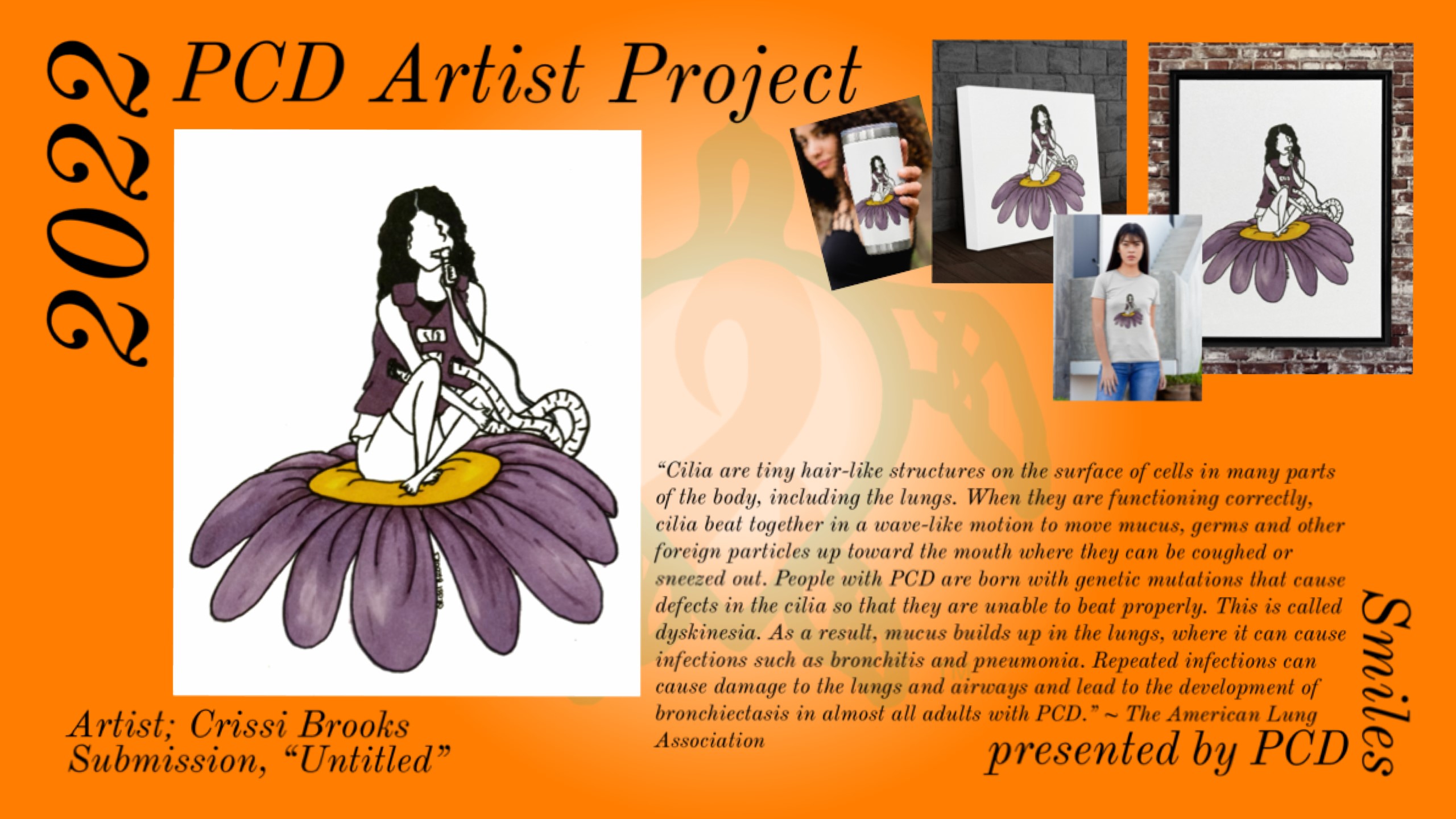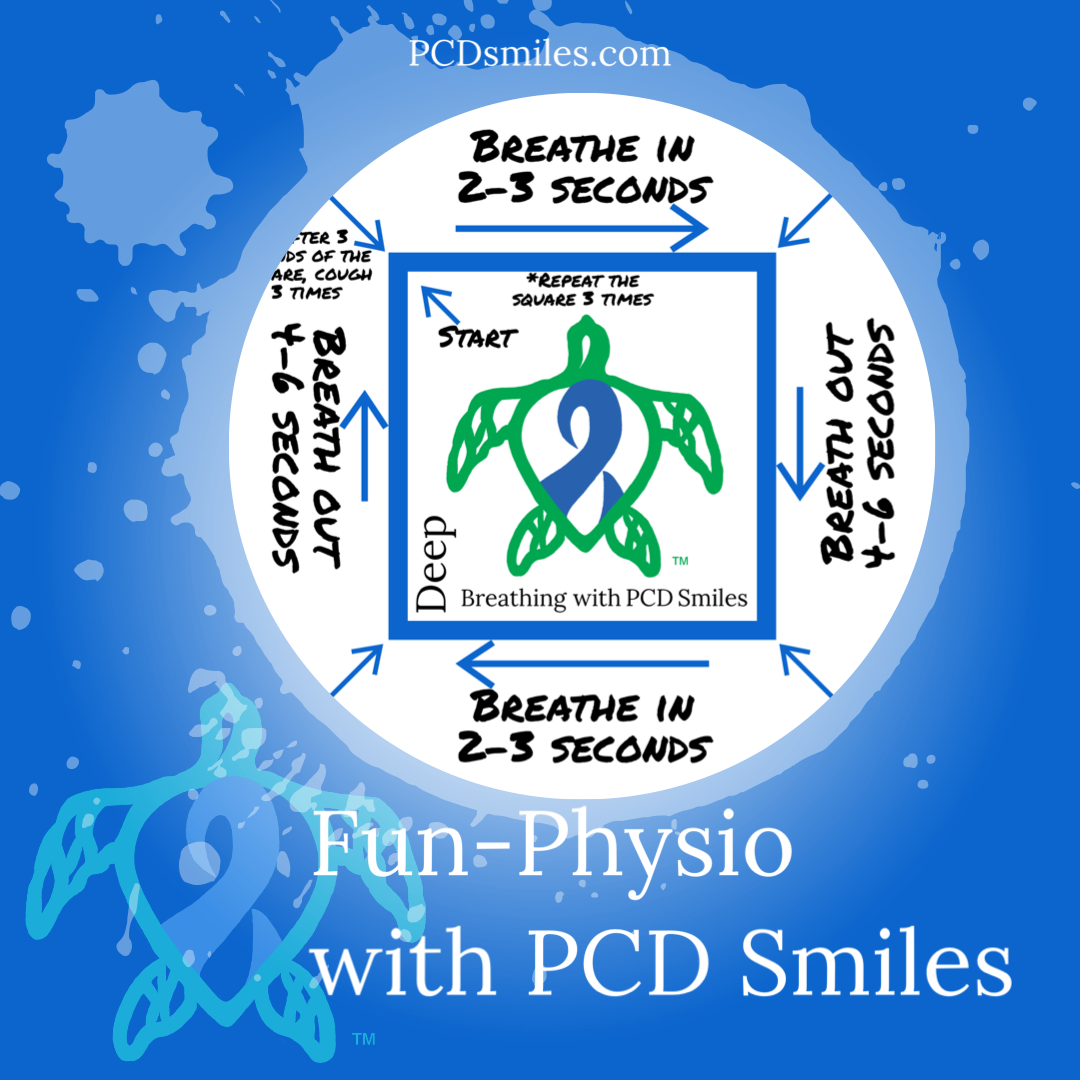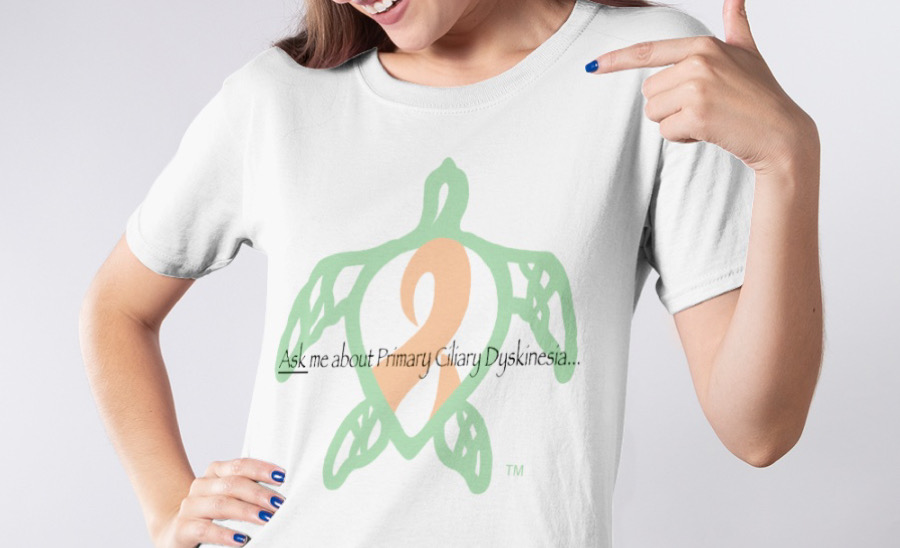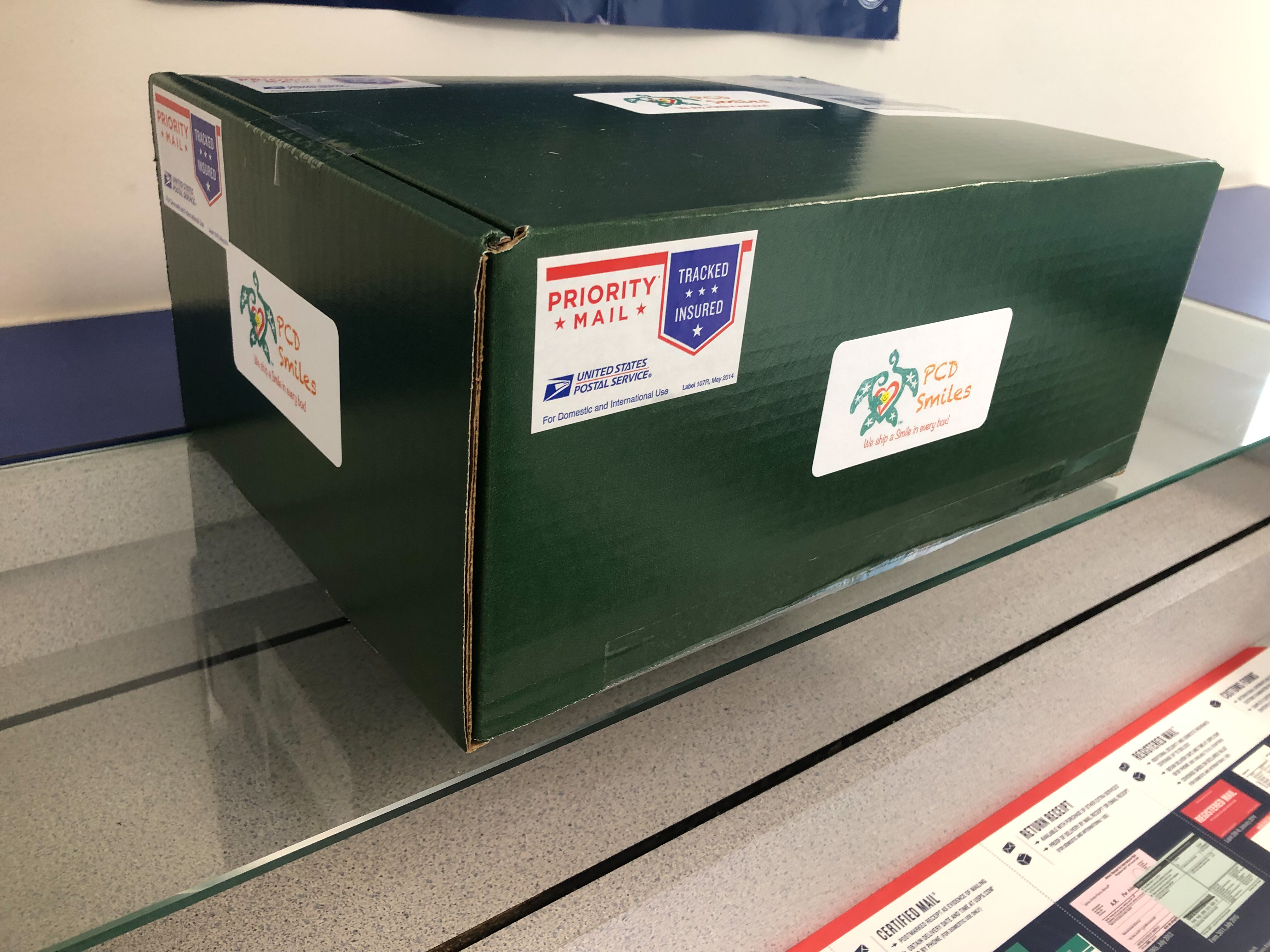Deep breathing exercises, also known as thoracic expansion, helps to open the airways. This not only helps with gas exchange, but can also help clear mucus from the airways as well. Respiratory hygiene is very important when doing life with primary ciliary dyskinesia. Learning proper breathing techniques is extremely important to help relieve breathlessness and strengthen respiratory muscles to aid in better use of incoming oxygenation from inhalation. These techniques can help aid in meditation practices as well. Which all of this is a great reason to talk with your team to see if this technique is right for you or your PCD loved one's over all health situation.
Please discuss this out of the box Fun-Physio with your clinic respiratory therapist before trying it.
Deep Breathing
- Take a second and perform three coughs/huff coughs to initially clear your airways.
- Take a slow deep breath in through the nose over two to three seconds.
- Hold the breath in for two to three seconds.
- Slowly exhale out the mouth over four to six seconds.
- Hold the exhale for two to three seconds.
- Take another slow deep breath in through the nose over two to three seconds.
- Hold the breath in for two to three seconds.
- Slowly exhale again out the mouth over four to six seconds.
- Hold the exhale for two to three seconds.
- Repeat from step number two through nine, two more times.
- It may take practice to be able do step 10.
- Skip to step 11 if unable to complete step 10.
- Then perform three coughs/huff coughs.
- Repeat from step number two through eleven, three more times.
*Speak to your clinic’s licensed respiratory therapist about how to tailor this deep breathing for airway clearance exercise to your specific health needs, airway clearance toolbox, and meditation practice.
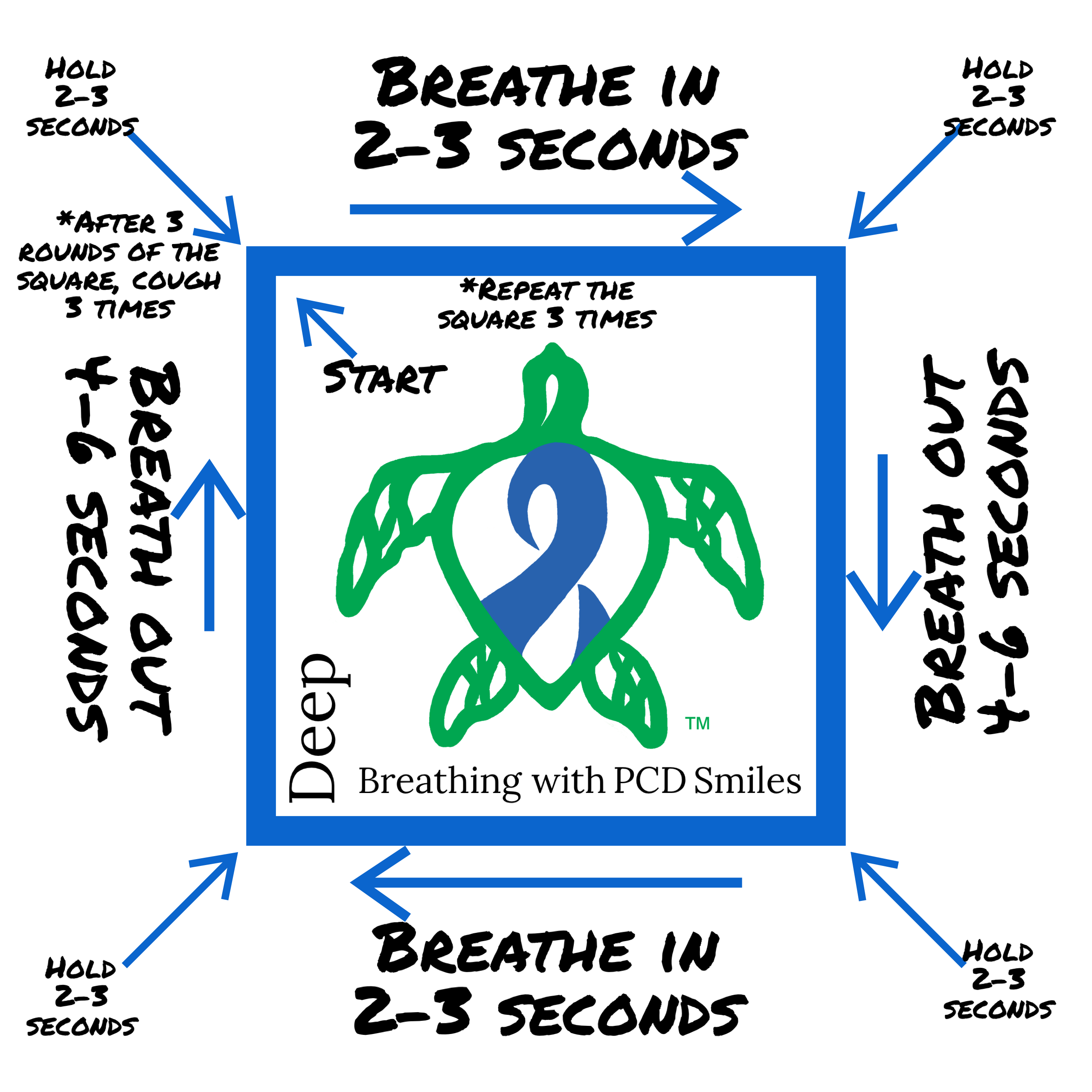
If you’re struggling to get your child engaged with their airway clearance techniques try turning airway clearance into play, it could help lessen the burden of persuading your child to do their treatments. If you’re an adult, remember that the best airway clearance technique for you is the one that you will actually do. There are tons of airway clearance techniques and tons of outside the box ideas as well. Experiment today and put the fun back into your life. Remember airway hygiene is an important part of primary ciliary dyskinesia care.
Join our Facebook group Turtle Talk Café today, click here.
We have several ways that you can donate to PCD Smiles;
- Visit Smile E. Turtle's Amazon Wishlist
- For more information on how you can donate, please visit our "Donation" page to check out our "Do & Don't policies.
- Or sponsor a PCD Smiles cheer package today!
- To shop for your “Official” turtle care ribbon gear today, visit PCD Style or Smile E. Cove
Thank you for your consideration!
***Please speak to your respiratory therapist or your PCD medical team before commencing any new treatment. DO NOT start using a device, or technique, on this website if you have not discussed this with your PCD team first.***
